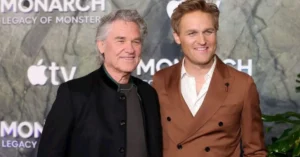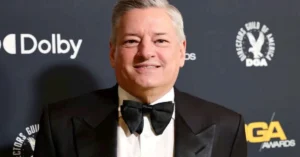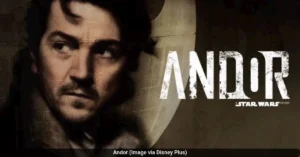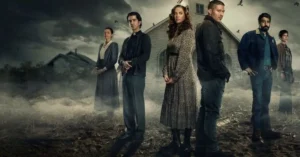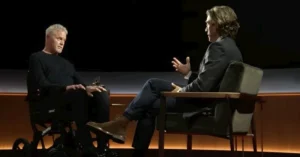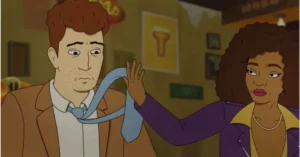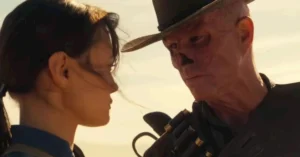Warning: This article contains spoilers for Gladiator II.
Ridley Scott’s much-anticipated Gladiator II has hit theaters with a dramatic finale packed with bloodshed, betrayal, and a clear path for the potential continuation of the story. Picking up after the events of the original 2000 classic, the sequel dives into new political intrigue and family drama while honoring its predecessor’s legacy.
Recap of the Plot
The sequel follows Lucius (portrayed by Paul Mescal), son of Lucilla (Connie Nielsen) and the late Maximus’ former lover. In the aftermath of Gladiator, Lucilla sent young Lucius to Numidia for safety. Now an adult, Lucius is captured by General Marcus Acacius (Pedro Pascal) and brought back to Rome to fight as a gladiator. Fueled by vengeance, Lucius is determined to confront the forces that upended his life. However, he discovers shocking truths about his mother and her secret marriage to Acacius. Together, they conspire to overthrow the corrupt twin emperors, Geta and Caracalla (Joseph Quinn and Fred Hechinger).
Enter Macrinus (Denzel Washington), a gladiator manager who sees opportunity in the turmoil. Learning of Lucilla and Acacius’ plan, Macrinus betrays them, alerting the emperors to the conspiracy. The twins force Lucius and Acacius to duel in the Colosseum, but Lucius refuses to kill his ally, igniting chaos. The emperors unleash the Roman army, triggering riots across the city.
A Climactic Showdown
As Rome descends into disorder, Macrinus manipulates the twin emperors against each other. Geta is killed by Caracalla, who is subsequently betrayed and killed by Macrinus himself. Amid the chaos, Lucilla meets her tragic end in the Colosseum, leaving Lucius without his mother or her guidance.
The film’s finale sees Lucius embrace his role as Prince of Rome, rallying Acacius’ loyal troops and confronting Macrinus and his remaining forces. After an intense battle, Lucius emerges victorious. In a unifying gesture, he delivers a powerful speech to both armies:
“Let no more blood be spilled in the name of tyranny.”
The armies cheer as Lucius assumes leadership over Rome. In the film’s poignant closing moments, he visits the Colosseum to mourn his parents, kneeling in the sand and echoing his father Maximus’ iconic gesture. The film cuts to Maximus’ hand in the wheat fields of Elysium, providing a touching homage.
Hints of a Third Film
Director Ridley Scott has confirmed he’s already considering a follow-up to Gladiator II. Speaking to Entertainment Weekly, Scott explained:
“People say, ‘Have you got [a third film]?’ And I say, ‘Of course.’ That’s the knee-jerk answer. Have we got it yet? Not really… I mean, of course, I was thinking about it even when I was doing Gladiator II on the basis of who will survive. It is better if there’s a survivor.”
Scott also likened the ending of Gladiator II to the conclusion of The Godfather, hinting at a similar narrative arc for Lucius as he grapples with an unwanted leadership role.
Paul Mescal, who portrays Lucius, expressed enthusiasm about reprising his role, though he acknowledged the decision ultimately rests with Scott. In an interview, he shared:
“That’s fully Ridley’s chair to lift. That’s his baby. But any plans that he has, I’d be very excited. To be honest, I haven’t heard much from him about it, so I’d be curious.”
What’s Next for the Franchise?
While Scott has admitted that plans for Gladiator III are not yet finalized, his vision for the sequel’s evolution suggests an intriguing future for the franchise. Themes of power, identity, and reluctant leadership seem poised to take center stage if Lucius’ journey continues.
Gladiator II is now playing in theaters worldwide.
For more updates on Gladiator II and upcoming sequels, stay tuned to Vviptimes.









